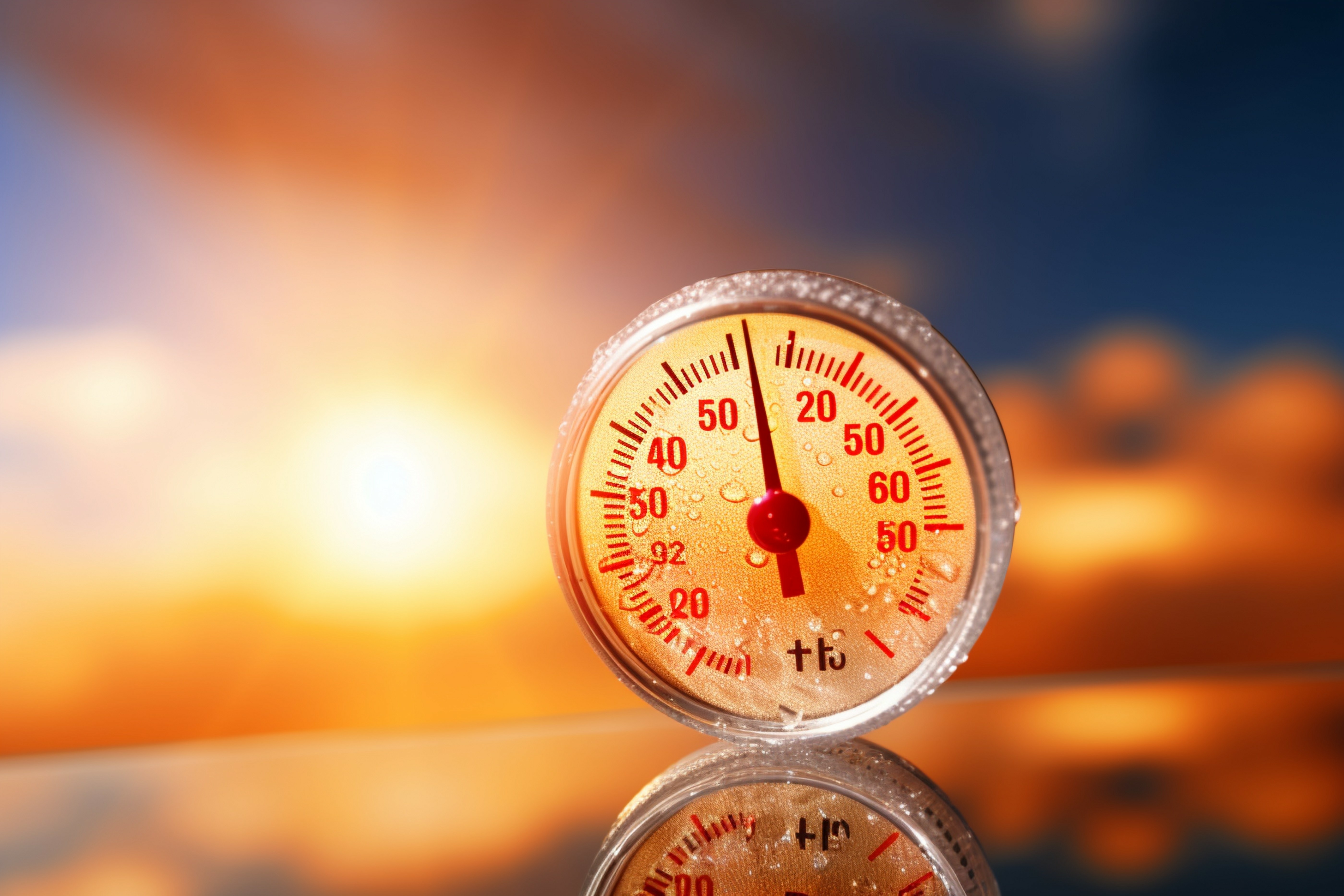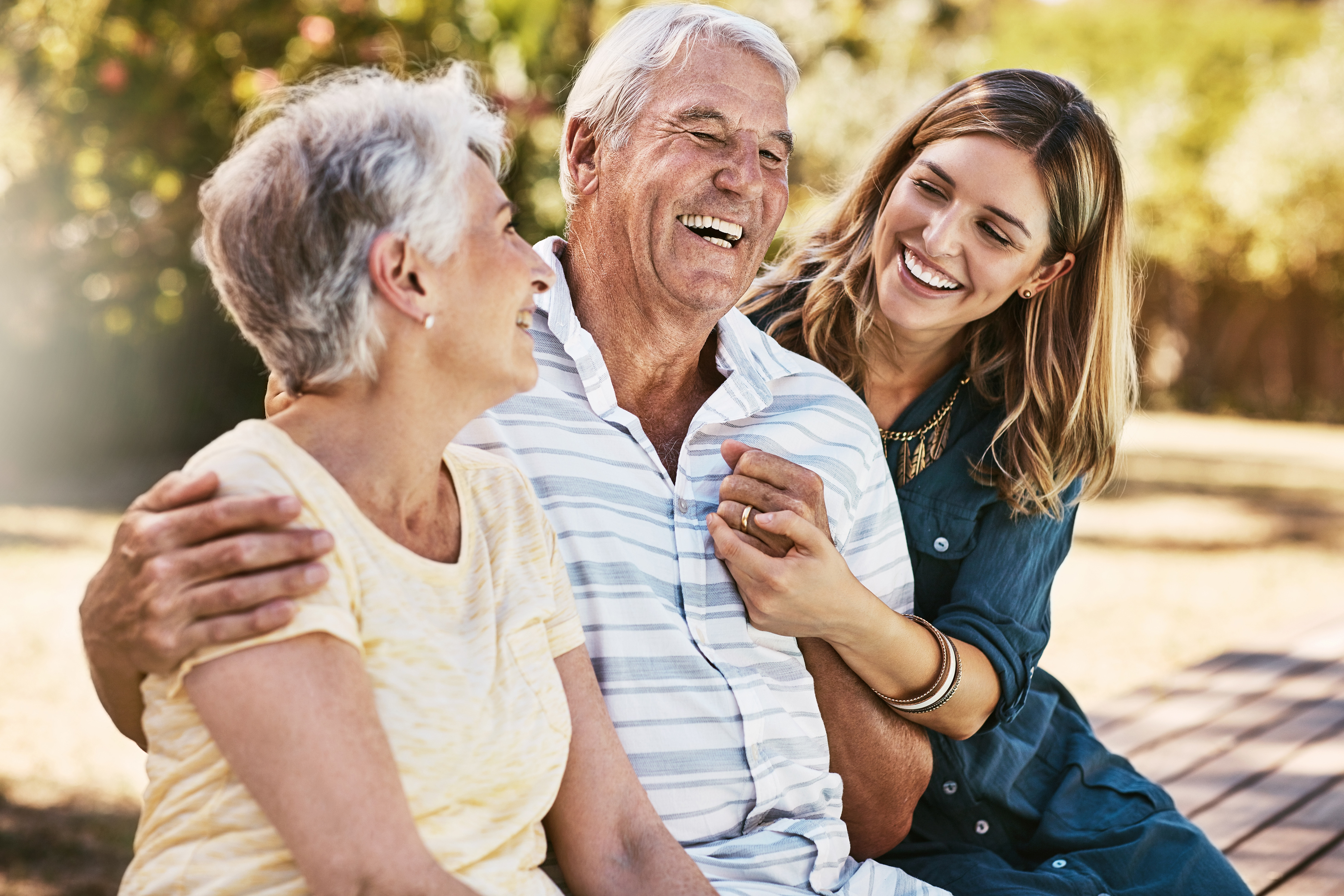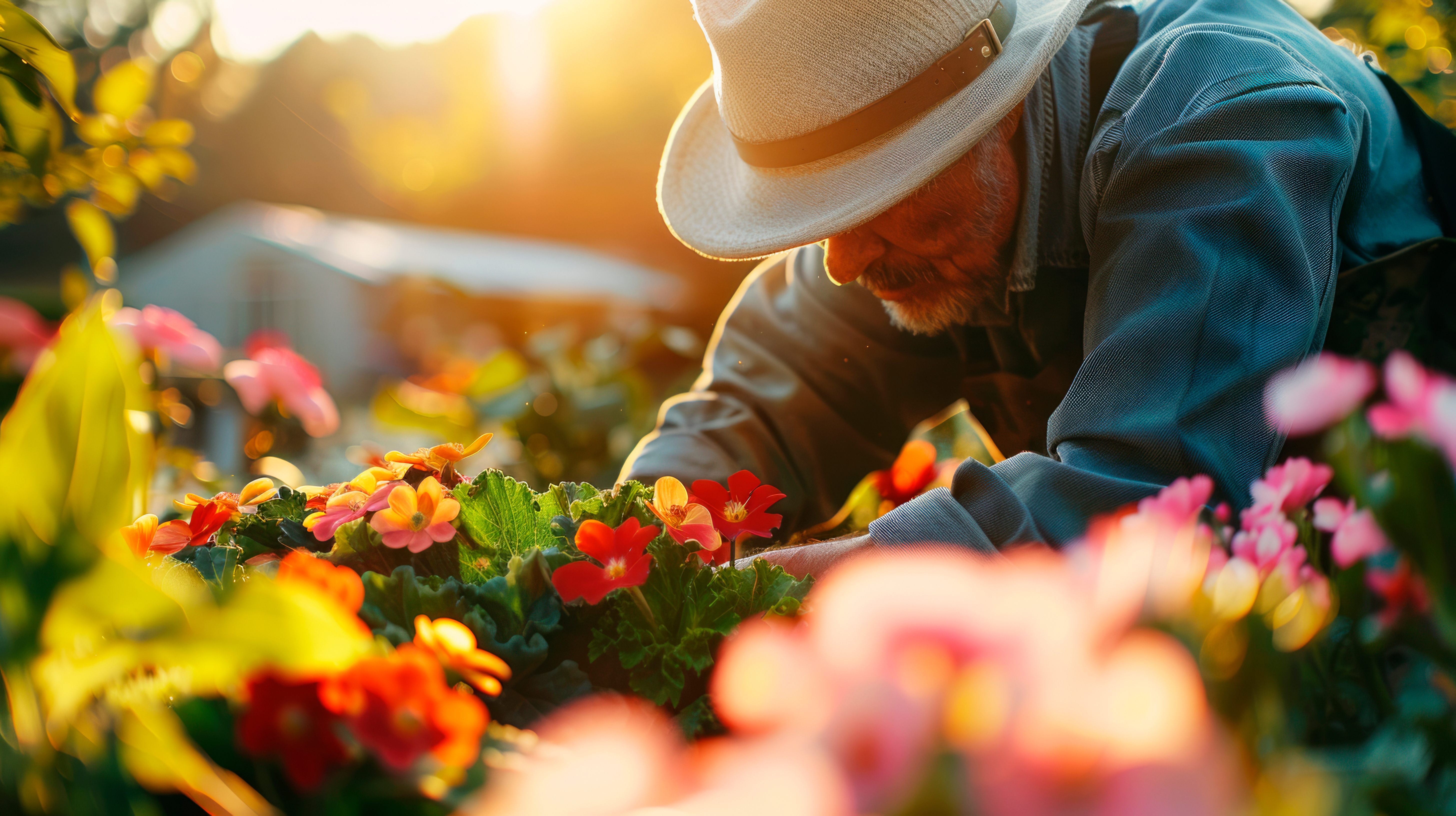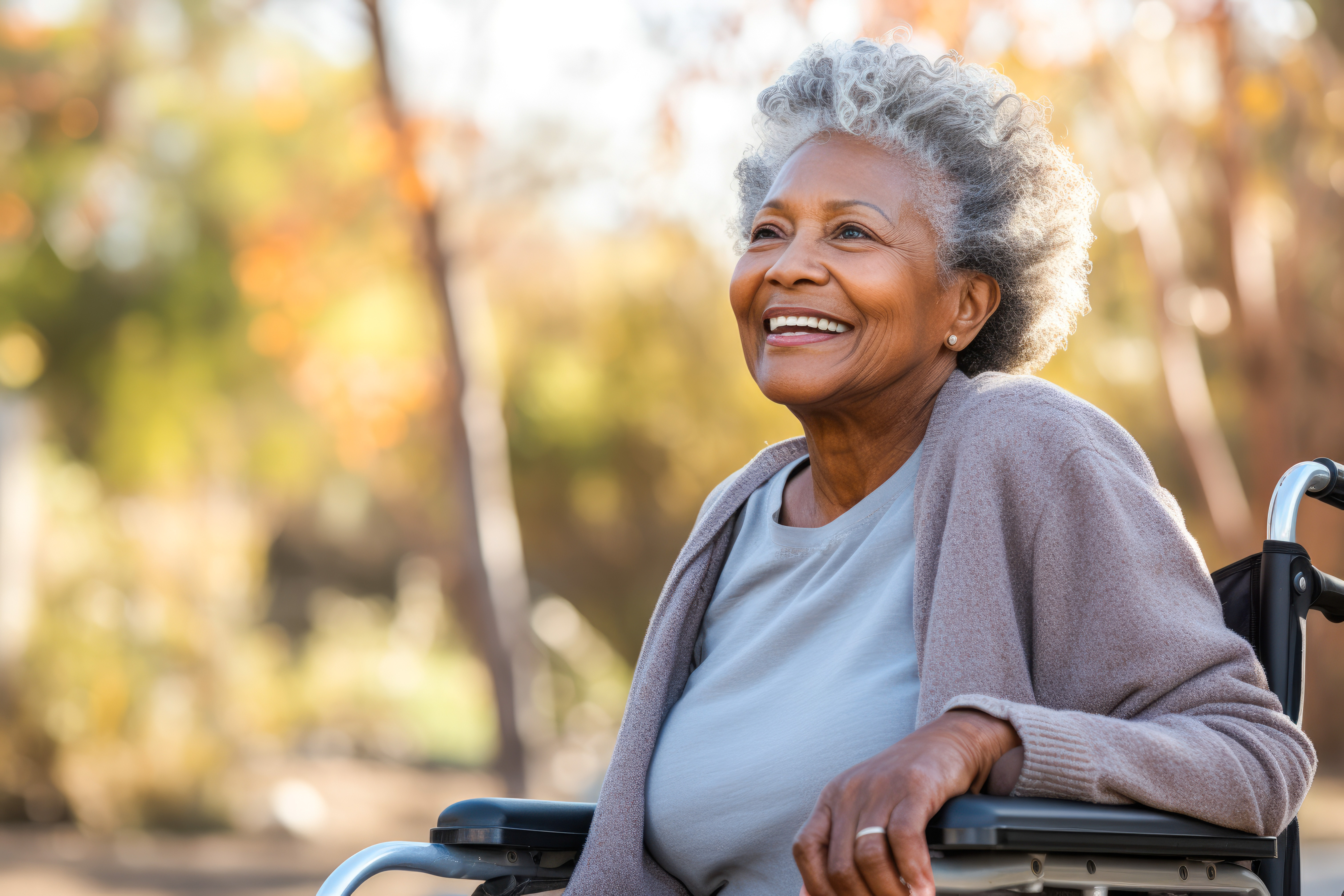Coping with the Heat: A Guide for the Geriatric Community and Their Caregivers
Coping with the Heat: A Guide for the Geriatric Community and Their Caregivers
Hello everyone,
I’m Shauna Lambrecht, a Nurse Practitioner specializing in palliative care at Rainbow Community Care. As we brace ourselves for another sweltering summer, I wanted to share some vital information on how to manage the heat, especially for our beloved geriatric population. The summer heat can be particularly harsh on older adults, but with a few proactive measures, we can ensure everyone stays safe and comfortable.

Understanding the Heat
What is Considered Hot?
When we talk about hot weather, we're referring to temperatures that exceed what is typically comfortable, usually above 85°F (29°C). However, the perceived heat can vary based on humidity levels and individual health conditions. High humidity can make the air feel hotter than it actually is, making it more difficult for sweat to evaporate and cool the body.
Why is Heat a Concern for Older Adults?
Older adults are more susceptible to heat-related illnesses due to several factors:
- Decreased ability to regulate body temperature: As we age, our bodies become less efficient at cooling down.
- Chronic medical conditions: Conditions such as heart disease and diabetes can interfere with the body's ability to respond to heat.
- Medications: Some medications can impair the body's ability to regulate temperature or stay hydrated.

Preparing for Hot Weather
Steps to Take Before the Heat Hits
1) Stay Informed: Keep an eye on the weather forecast. Knowing when a heatwave is expected allows you to prepare in advance.
2) Stock Up on Supplies: Ensure you have enough water, light snacks, and any necessary medications. It’s also good to have a fan or air conditioner and ensure they are in working order.
3) Create a Cool Environment: Identify the coolest room in your home where you can retreat during the hottest parts of the day. Consider blackout curtains or shades to block out the sun.
4) Plan Activities Wisely: Schedule outdoor activities or errands during the cooler parts of the day, typically in the early morning or late evening.

What to Wear and Eat
- Clothing: Opt for lightweight, loose-fitting, and light-colored clothes. Hats and sunglasses can provide additional protection from the sun.
- Hydration: Drink plenty of water throughout the day. Avoid alcohol and caffeine as they can lead to dehydration.
- Meals: Eat small, light meals to reduce the body's metabolic heat. Fresh fruits and vegetables with high water content, like watermelon and cucumbers, are excellent choices.
During the Heatwave: Who to Check On
Vulnerable Individuals
During extreme heat, it’s essential to monitor:
- Elderly neighbors or family members living alone.
- Individuals with chronic illnesses or mobility issues.
- Friends and family without air conditioning or access to cool environments.
A quick call or visit can make a significant difference. Ensure they are staying hydrated and have access to a cool place.

Preventing and Handling Heat Emergencies
Recognizing Heat-Related Illnesses
1) Heat Exhaustion:
- Symptoms: Heavy sweating, weakness, cold/pale/clammy skin, fast/weak pulse, nausea or vomiting, and fainting.
- What to do: Move to a cooler location, lie down, sip water, and apply cool, wet cloths to the body. If symptoms persist, seek medical help.
2) Heat Stroke:
- Symptoms: High body temperature (above 103°F), hot/red/dry or damp skin, rapid/strong pulse, confusion, and loss of consciousness.
- What to do: This is a medical emergency. Call 911 immediately. Move the person to a cooler environment, and try to cool them down with whatever means available (cool cloths, a cool bath, etc.).
Tips for Staying Cool
- Stay Indoors: Keep to air-conditioned or cool places as much as possible.
- Cool Showers/Baths: Taking a cool shower or bath can help lower your body temperature.
- Fans and Air Conditioning: Use fans to circulate air and create a cooling effect. Air conditioners are highly effective, and if you don’t have one, consider visiting a community cooling center or a friend’s house.
- Hydrate: Continue to drink water throughout the day. Even if you don't feel thirsty, staying hydrated is crucial.
As we navigate the hot days ahead, remember that preparation and vigilance are key. By staying informed, checking on vulnerable individuals, and knowing how to prevent and manage heat-related emergencies, we can ensure a safe and enjoyable summer for everyone.
Feel free to share this information with friends, family, and caregivers. Let’s work together to keep our community safe and healthy. Stay cool, hydrated, and take care!
Live well,
Shauna Lambrecht, APNP
Palliative Care Nurse Practitioner
Rainbow Community Care
